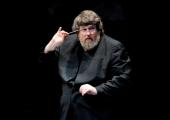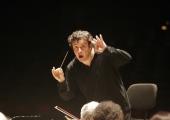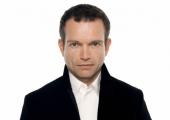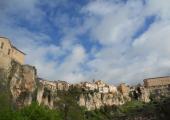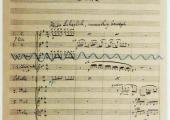theASHtray: Klinghoffer, Cape Town, and Debussy pisses off the poets
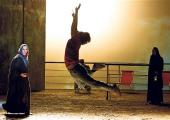
Yeah butt, no butt: our columnist sifts through the fag-ends of the cultural week
Who does the PR these days for Middle Eastern extremists? Whoever it is clearly wasn’t on board when the Palestine Liberation Front decided to whack the Achille Lauro. Or wasn’t aware that chucking a wheelchair-bound pensioner into the Med was the sort of move unlikely to garner widespread international support for the cause.

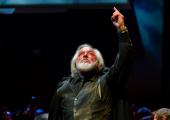
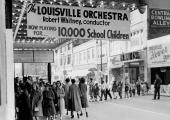
 Dvořák: Symphony No 9, Czech Suite, Two Slavonic Dances Bournemouth Symphony Orchestra/José Serebrier (Warner Classics)
Dvořák: Symphony No 9, Czech Suite, Two Slavonic Dances Bournemouth Symphony Orchestra/José Serebrier (Warner Classics)
